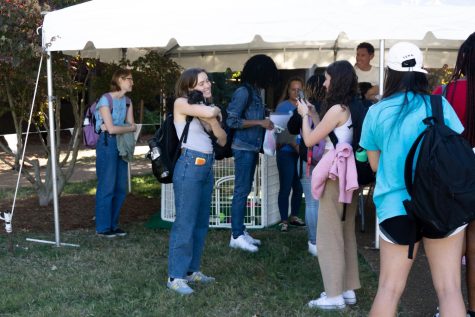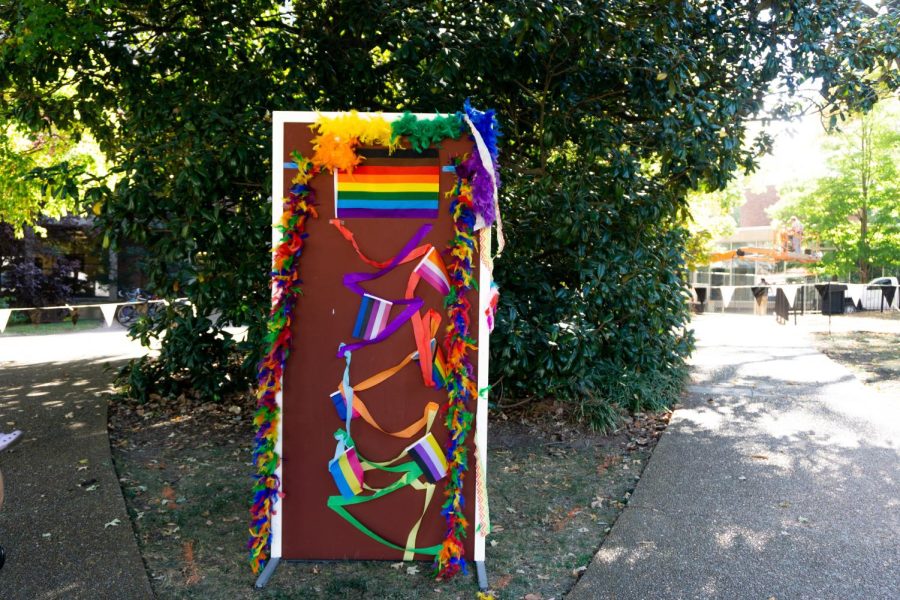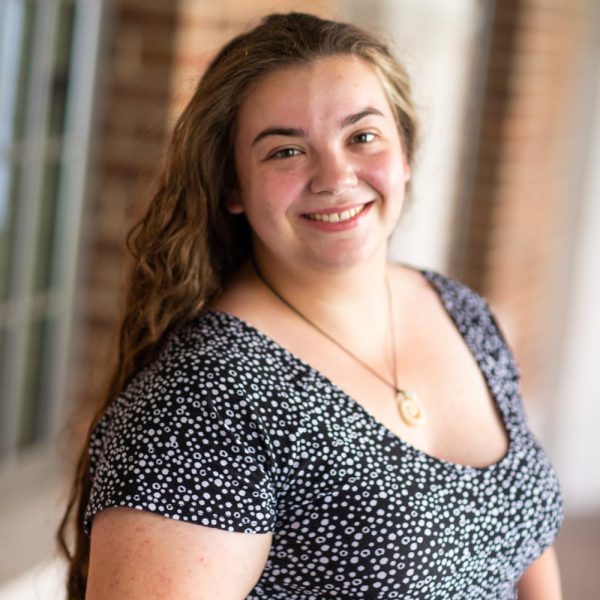The K.C. Potter Center, Black Cultural Center and Margaret Cunningham Women’s Center hosted panels, guest talks and celebrations for LGBTQ+ History Month throughout October. These events come following recent attacks on VUMC’s transgender clinic.
Conservative political commentator Matt Walsh accused VUMC of “castrat[ing]” minors and threatening staff members who objected to the procedures in a Sept. 20 date Twitter thread. Tennessee Governor Bill Lee subsequently called for an investigation into VUMC’s operations. VUMC said in an Oct. 7 letter that it is temporarily suspending gender-affirming surgery on minors pending further review of applicable law. Walsh held a “Rally to End Child Mutilation” on Oct. 21 at the Tennessee State Capitol, where politicians and protestors gathered to hold demonstrations against gender-affirming care for adolescents.
The attacks on VUMC are part of a rise in anti-LGBTQ+ sentiment throughout the country. 2022 has seen the introduction of a record number of anti-gay and anti-trans legislation. In 2021, Lee signed legislation banning gender-affirming treatment for prepubescent minors.
Junior Jonah Vazquez said these recent events have strengthened the need for safe community spaces on Vanderbilt’s campus. He added that engaging with LGBTQ+ communities on campus has been helpful in processing the accusations and living in the South with queer identities.
“Being in Nashville as a gay man as someone born and raised in NYC can definitely be a shocking experience,” Vazquez said. “With the attacks on VUMC, I can only imagine how more internalized queerphobia will be instilled within the southern queer population. It’s disheartening, but I’m hopeful that the community will steer it in a more positive direction.”

Events took place both online and in-person this year, allowing current students to connect with a wider array of speakers and scholars, as well as alumni from the LGBTQ+ Association of Vanderbilt Alumni.
Michigan Senator Mallory McMorrow visited campus on Oct. 3 to discuss LGBTQ+ and reproductive rights after the overturning of Roe v. Wade (1972).
“I remember watching her [McMorrow’s] viral speech in April and feeling hopeful that politicians are standing up against hate directed at certain communities,” sophomore Ellie Crone said. “This event came at a very important time to make members of the Vanderbilt LGBTQ+ community feel supported in light of the recent attacks on VUMC’s transgender health clinic.”
The community celebrated National Coming Out Day on Oct. 11 on Library Lawn. The event featured live music and various tables that allowed students to learn more about LGBTQ+ resources on campus, as well as pop-ups from queer-owned businesses. A keynote address was given by reproductive and LGBTQ+ rights activist Olivia Julianna, who maintains a TikTok audience of over 550,000 followers.
During a spoken word event hosted by the K.C. Potter Center and Black Cultural Center on Oct. 24, students and community members were invited to perform on the topic of resilience. The event, which included renditions of live music and original poetry, highlighted the intersectional struggles of queer students and students of color.
In addition, Rothschild College held a faculty salon with K. Allison Hammer and Harry Barbee, a professor in the Gender and Sexuality Studies Department and a postdoctoral researcher in the LGBT Policy Lab, respectively. They spoke with students on current LGTBQ+ policy issues ranging from the future of same-sex marriage to the increased anti-trans sentiment in the region.
“I love the structure of faculty salons—that we can hear from people we normally wouldn’t interact with right in our own home,” sophomore Zander Schwartz said. “Our ability to foster acceptance of the LGBTQ+ community comes from a place of privilege, where we often can afford to think about embracing our differences since many of us aren’t worried about making ends meet in other ways. Extending this acceptance beyond those who already ally with the movement is the key to a stronger community.”


